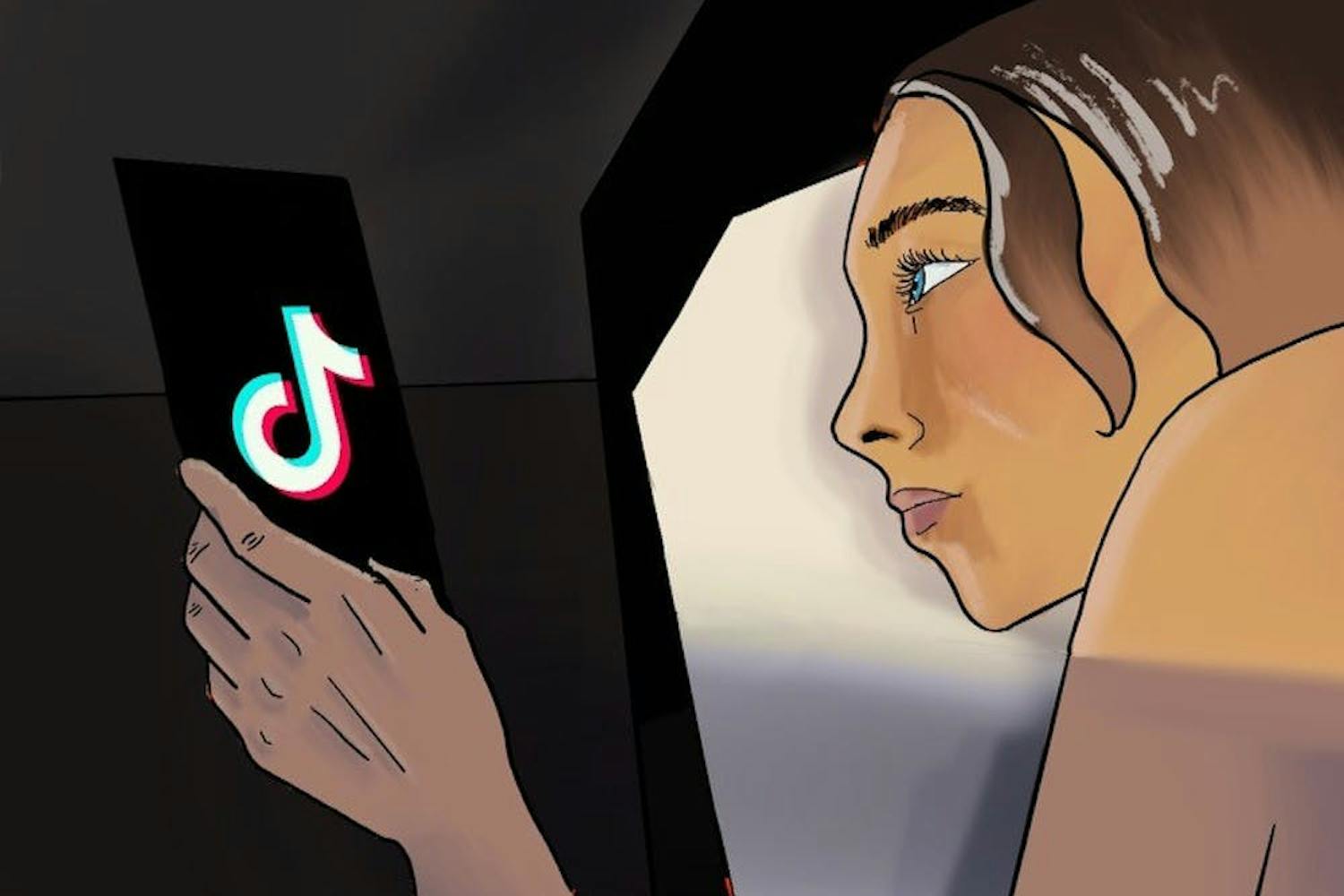We can be defensive when it comes to our "need" for the Internet.
The upcoming generations are inextricably linked to the Internet. Our sense of humor pivots on it, education integrates it and interactions with others are informed by it. Most American children wouldn’t know life without it, leading many of us to already treat Internet access as if it is a right.
Reuters reported that a German judge ruled that “people have the right to claim compensation from service providers if their Internet access is disrupted, because the Internet is an ‘essential’ part of life.”
Undoubtedly, people have a right to a refund if they don't receive services paid for, but the wording underscores our relationship with the Internet — "an essential part of life.”
The Daily Dot’s corresponding story likened the technology to a utility like water or electricity and pointed out that several European countries have already made Internet access a protected right.
Geek site The Mary Sue reported the story with this headline: “Germany tells us what we already knew, the Internet is essential.”
It continued with the snarky opening: “Because, like, you might not survive if you can’t look at things like this,” accompanied by a picture of a gun-wielding ninja cat astride a fire-breathing unicorn.
We can easily make jokes to highlight some absurd uses for the Internet — the cat memorabilia alone will create puzzling artifacts for future generations — but most of us likely agree on access being “essential” to keeping up with life in the modern world.
But “essential” is relative to your culture, your financial position and your job. What is deemed “essential” to life in Germany would hardly make the cut somewhere like Burundi. Likewise, heat is essential to life in ways that simply don’t apply to the Internet.
It’s tempting to regard a discussion of Internet "rights" as a potential indication of cultural entitlement. We have the human right to vote, to worship, to life, whereas we have the privilege, (not the right) of luxuries like cars, cell phones and Internet access.
What the Internet represents is the real aspect we feel so crucial and “essential” to our lives: information. Want to learn about the U.S. Constitution? Educational sites are eager to help. Ant farms? Google it. The derivation of lolcats? The Internet can definitely tell you that.
This tool isn’t fundamental to human existence, but we do have a right to the information it contains. We have a right to learn as much as we want, feed our curiosity, ask questions and generally be informed.
For those of us who live in a digitally focused part of the world, the Internet is certainly crucial to most jobs, and this trend will continue. For us, it is “an essential part of life.”
What’s more essential, but forgotten with little difficulty, is the comprehension of what a tremendous privilege it is to live where we can exercise our right to information so easily.
Information is not just contained in the mystical, amorphous world of memes and search engines but in books, museums and people. Internet access can be taken away, but knowledge can be found anywhere if you expend the effort to look.
The question is: Do we still know how?
Reach the columnist at Esther.Drown@asu.edu or follow her at @EMDrown
Want to join the conversation? Send an email to opiniondesk.statepress@gmail.com. Keep letters under 300 words and be sure to include your university affiliation. Anonymity will not be granted.



